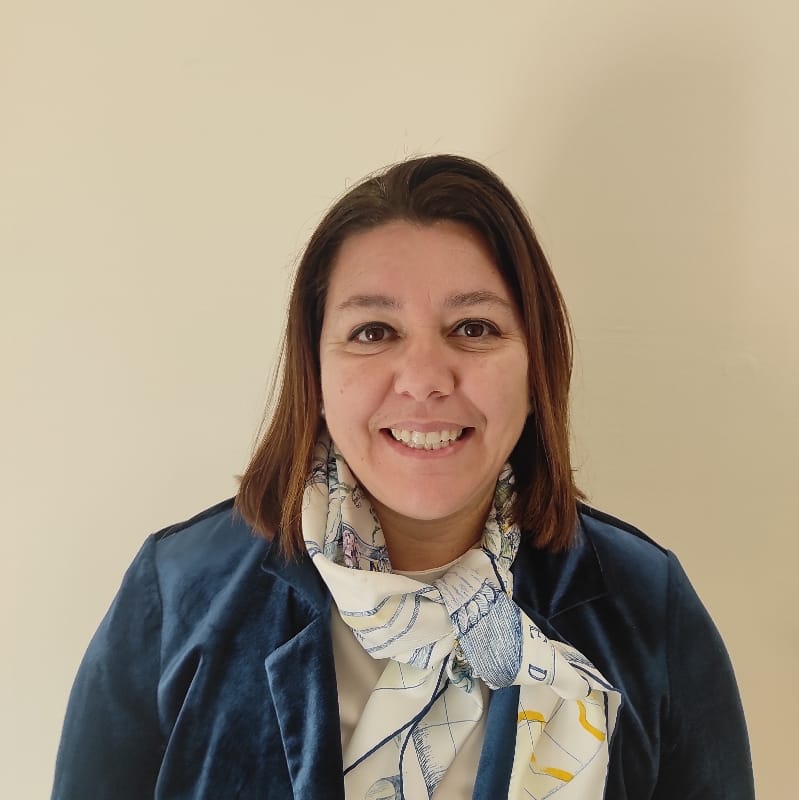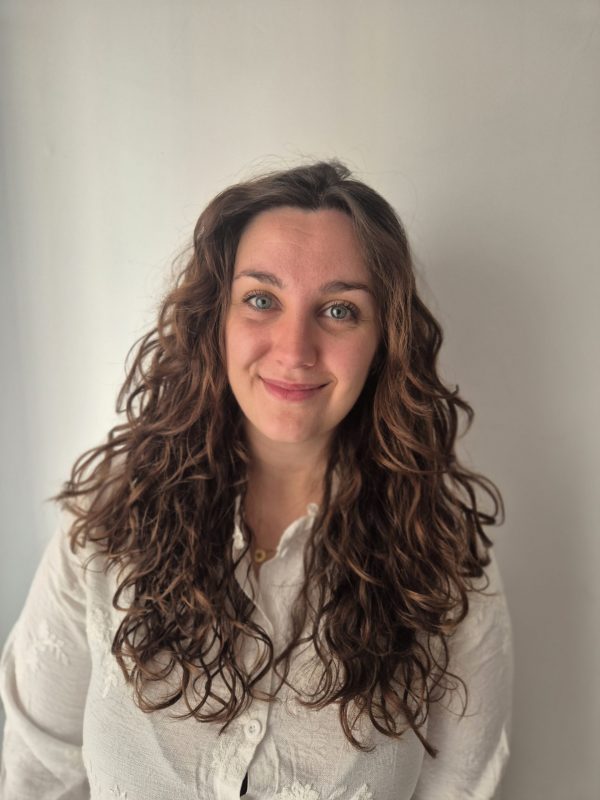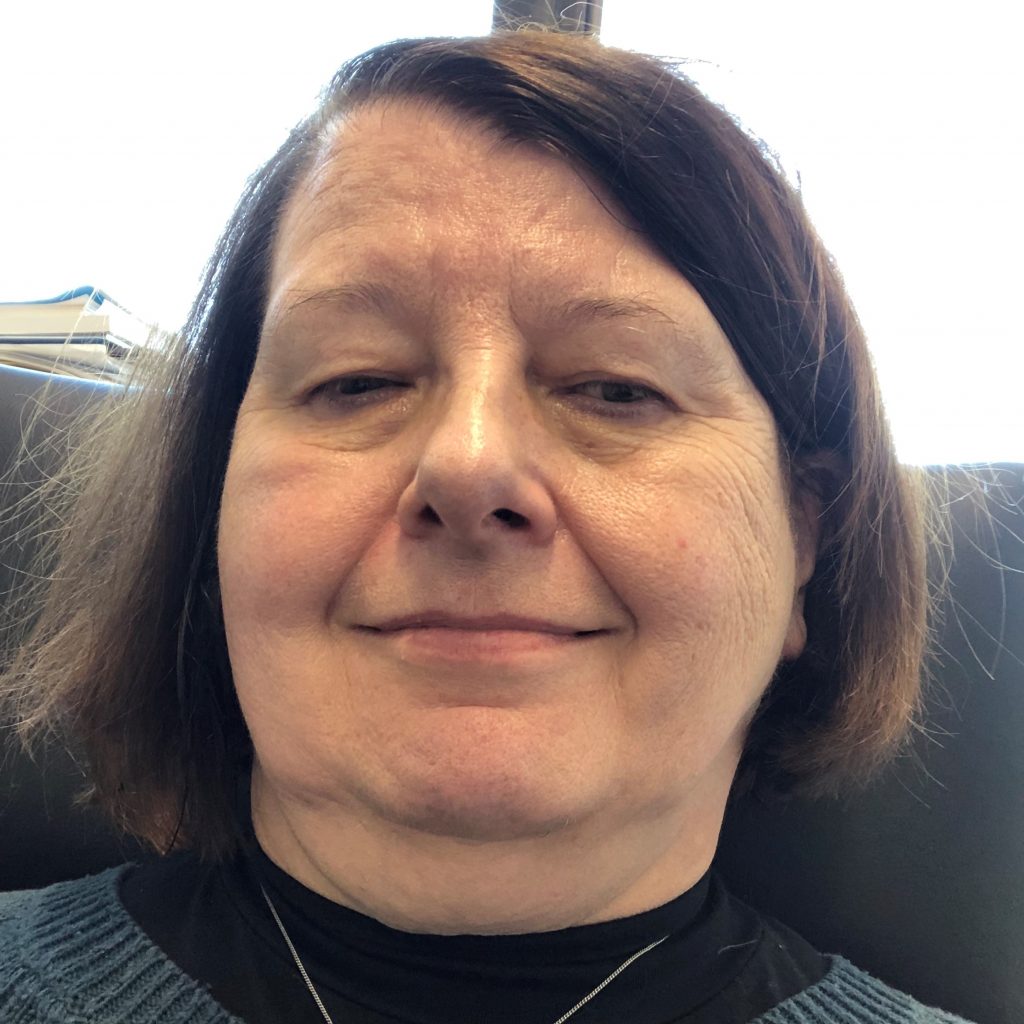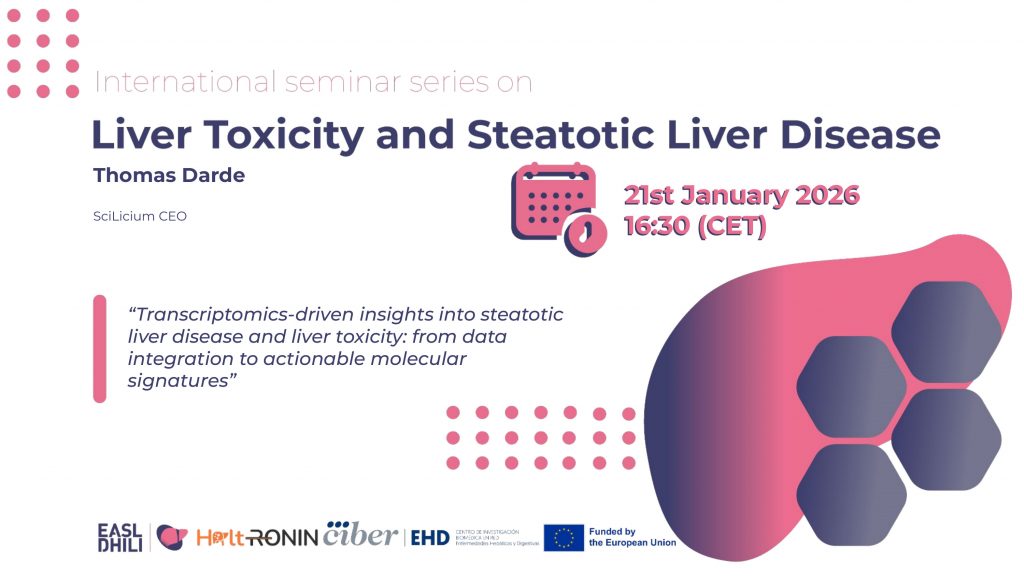
COORDINATOR
Prof. Dr. Anna Licata, MD

COORDINATOR
Dr. Vanesa Garrido Rodríguez

COORDINATOR
Prof. Dr. Jane Grove

YOUNG INVESTIGATORS AFTERWORKS SERIES‘ COORDINATOR
Prof. Ann Daly
Monthly International Seminar Series on Liver Toxicity and Steatotic Liver Disease and different EASL studio topics for DHILI will be organised at a later stage.

As a proposal within our educational activities, we will be launching from January a series of talks on Liver Toxicity and Steatotic Liver Disease, ONCE monthly, given by international experts in the field. The session outline would be a talk of around 45 min with 15 min left for discussion. Conferences will be held on the 3rd Wednesday of each month at 16.30h (CET) starting from January 17th 2024.
These international seminar series are the result of an outstanding collaboration between the EASL DHILI Consortium (https://easldhiliconsortium.eu/) and the Halt-RONIN (UKRI-Horizon Europe) https://halt-ronin.com/
The objectives are:
- to improve collaboration between different group experts encompassing clinical investigators, researchers, basic scientists, industry partners and regulators.
- To foster scientific progress by disseminating the latest breakthroughs in research on hepatotoxicity and metabolic dysfunction-associated steatotic liver disease

Steatotic liver disease and liver toxicity involve complex and heterogeneous molecular programs that are challenging to capture with single endpoints. In this talk, Thomas Darde, SciLicium CEO, will present how transcriptomics and robust bioinformatics workflows can help identify reproducible pathway-level signals and molecular signatures across cohorts and experimental models. He will highlight practical considerations for study design, QC, integration of public RNA-seq datasets, and validation strategies to avoid common analytical pitfalls. Finally, he will discuss how these approaches can support translational interpretation and biomarker prioritization in the context of MASLD and liver toxicity research. Brief biographical note Thomas Darde is the founder of SciLicium (France), a bioinformatics company specializing in transcriptomics and toxicogenomics for translational research and applied biomedical projects. His work focuses on RNA-seq analytics, data integration, biomarker discovery, and reproducible pipelines, supporting both academic consortia and industry programs. He is involved in the HALT-RONIN Horizon Europe project, contributing to data analysis and the development of reusable analytical resources.